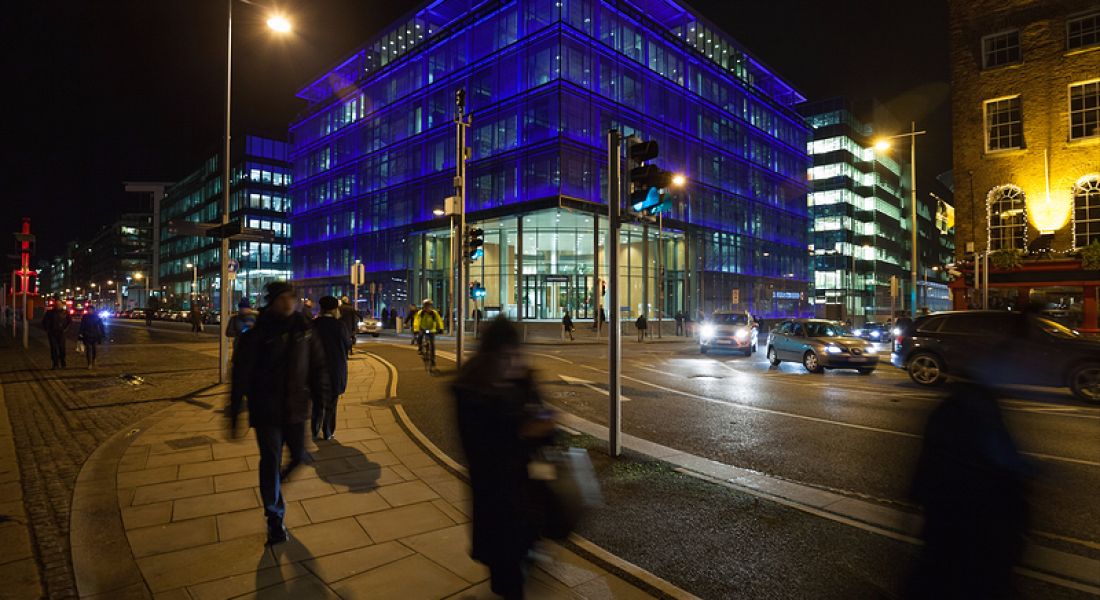Driven by the booming tech scene and a spiralling rent crisis, Dublin has moved up the rankings two places to become the 47th most expensive city in the world for expats to live and work in.
According to Mercer, this is the third consecutive year that Dublin has moved up the rankings. The Irish capital joins Paris (44) and Milan (50) as the only Eurozone cities in the top 50.
Other high-ranking European cities include Zurich (3), Geneva (8), Bern (13) and London (17).
‘As the economy has improved, greater foreign direct investment has put increased pressure on the availability of rental accommodation for expatriates in Dublin’
– NOEL O’CONNOR, MERCER
“As in 2015, the survey identifies cost pressures on expatriate rental accommodation as a key factor in maintaining Dublin’s high ranking relative to other Eurozone cities,” explained Noel O’Connor, principal at Mercer in Ireland.
“As the economy has improved, greater foreign direct investment has put increased pressure on the availability of rental accommodation for expatriates in Dublin.”
Expats will demand and expect appropriate remuneration
Dublin’s spiralling rent crisis is already a huge issue for the city’s native population and is a potential roadblock for expats considering joining multinationals and start-ups choosing to base themselves there.
The lack of a stable government policy on rent controls is being blamed and questions will need to be asked about how this may hurt inward investment competitiveness in the long term.
However, in the meantime, the onus will shift to employers, who will need to contribute to the relocation packages that expats on international assignments will expect.
“Global mobility is a significant undertaking for multinational companies to ensure they can facilitate the moves they need to drive business results by offering fair and competitive compensation packages. A real understanding of the issues and cost involved is essential,”O’Connor added.
Hong Kong tops the survey’s list, pushing Luanda, Angola to second position. Zurich and Singapore remain in third and fourth positions, respectively, whereas Tokyo is in fifth, up six places from last year. Kinshasa, ranked sixth, appears for the first time in the top 10, moving up from 13th place.
Other cities appearing in the top 10 of Mercer’s costliest cities for expatriates are Shanghai (7), N’Djamena (9), and Beijing (10). The world’s least expensive cities for expatriates, according to Mercer’s survey, are Windhoek (209), Cape Town (208), and Bishkek (207).
“Despite technology advances and the rise of a globally-connected workforce, deploying expatriate employees remains an increasingly important aspect of a competitive multinational company’s business strategy,” said Ilya Bonic, senior partner and president of Mercer’s Talent business.
“However, with volatile markets and stunted economic growth in many parts of the world, a keen eye on cost efficiency is essential, including a focus on expatriate remuneration packages.
“As organisations’ appetite to rapidly grow and scale globally continues, it is necessary to have accurate and transparent data to compensate fairly for all types of assignments, including short-term and local-plus status.”
Dublin at night image via Shutterstock




